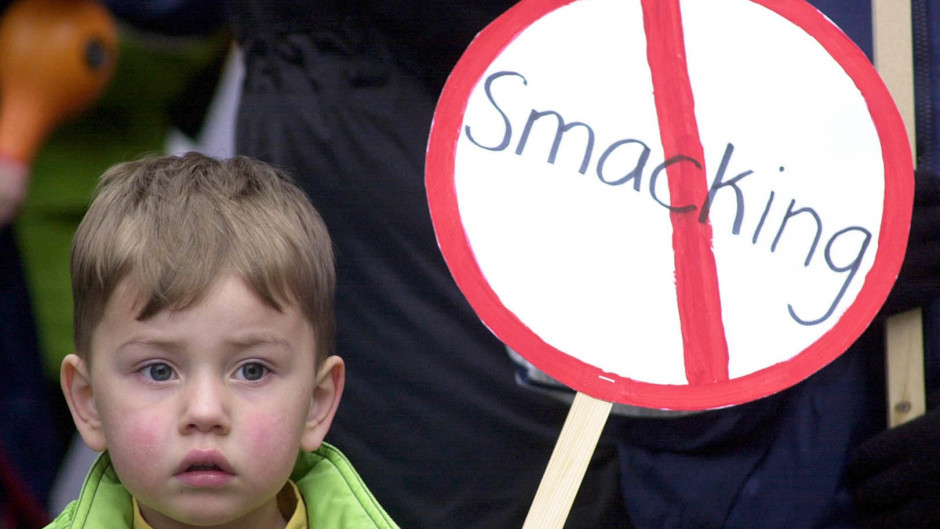
Scotland is to become the first UK country to make smacking children by parents and carers illegal.
‘Reasonable’ physical chastisement is currently allowed to discipline children, which means smacks to the body will generally avoid prosecution, but blows to the head or with an implement are strictly prohibited.
But the Scottish Government has now backed moves to give children the same protection from assault as adults.
A vote later today is expected to overwhelmingly pass a bill that will completely outlaw smacking, meaning parents and carers could potentially face prosecution for any use of physical punishment upon children.
The bill was initially proposed by the Scottish Green Party, and has won cross-party support, with all but the Scottish Conservatives planning to vote to pass the new legislation.
Opinion polls have suggested a majority of people in Scotland are opposed to a smacking ban – with critics arguing that the current law is sufficient, and that the changes risk criminalising “good” parents.
A report published by a group of Scottish children’s charities in 2015 found that the physical punishment of children was more common in the UK than in similar countries such as the US, Canada, Italy, Germany and Sweden.
The researchers estimated that between 70% and 80% of parents in the UK have used physical punishment, with children aged between three and seven the most likely to be smacked.
They also found that many parents do not view smacking as a “good thing”, but believe that sometimes it is the “only thing that will work”.

Enjoy the convenience of having The Sunday Post delivered as a digital ePaper straight to your smartphone, tablet or computer.
Subscribe for only £5.49 a month and enjoy all the benefits of the printed paper as a digital replica.
Subscribe